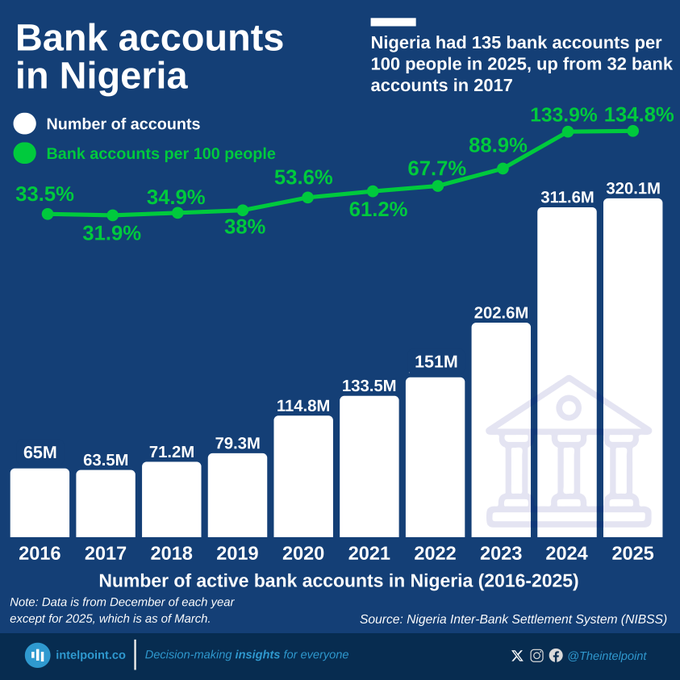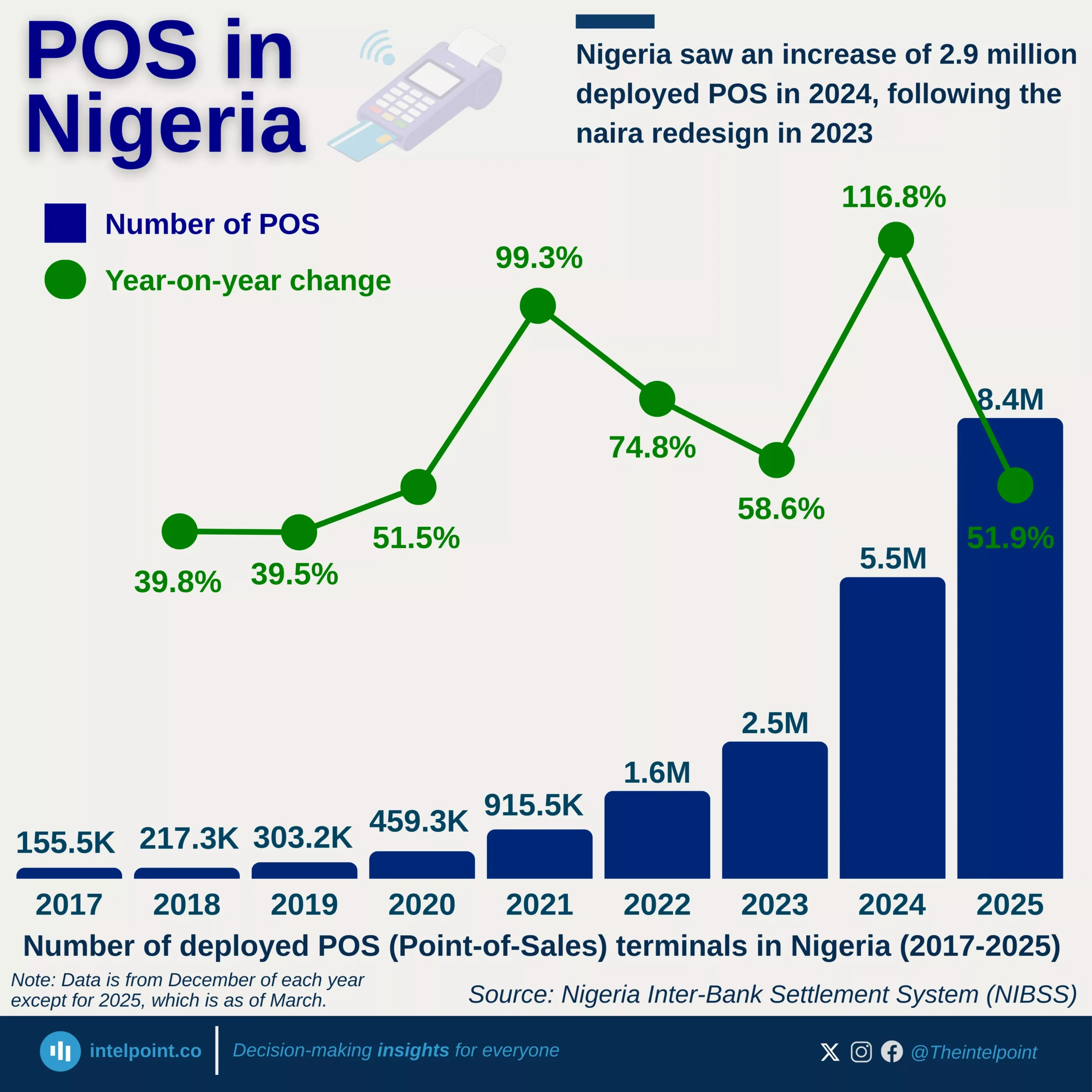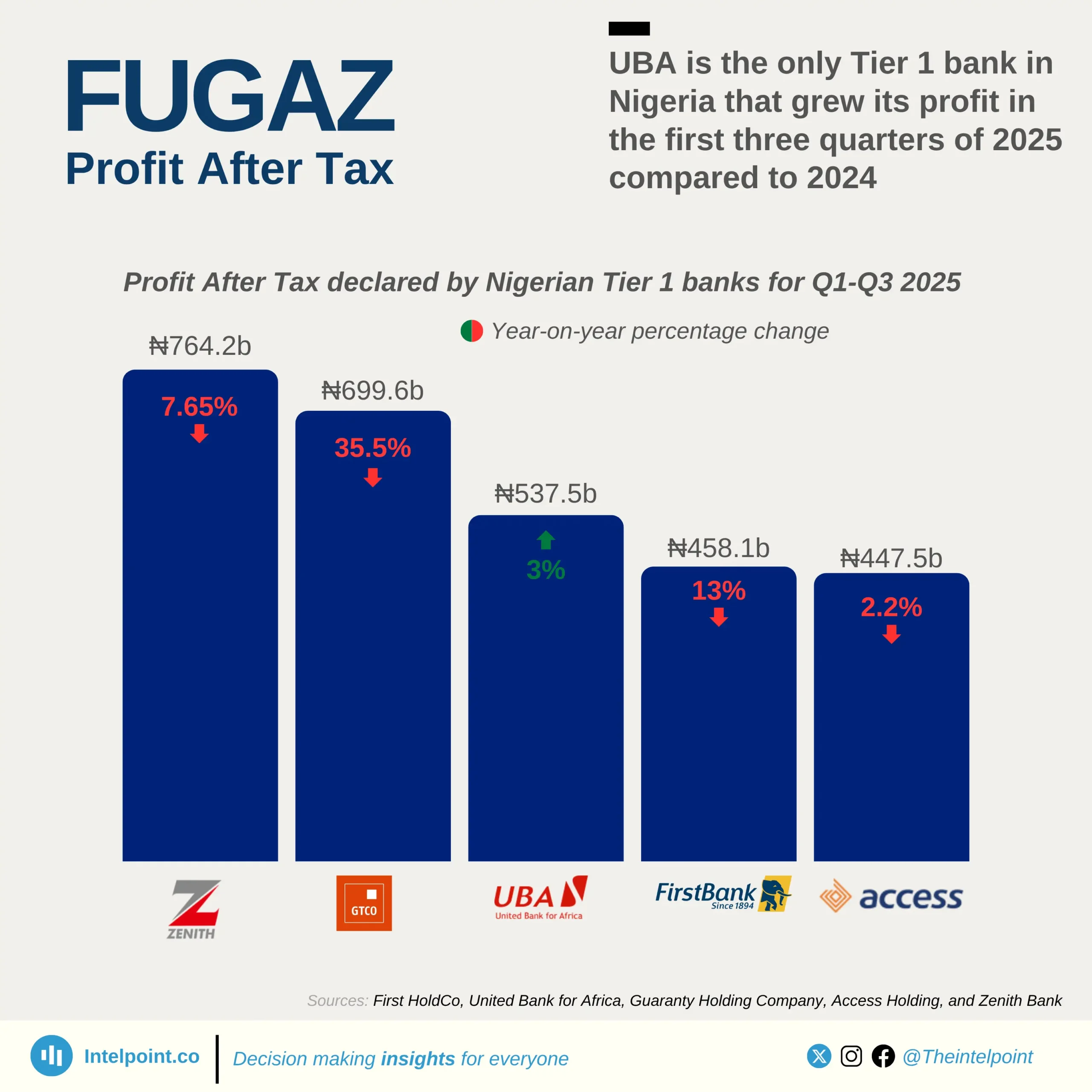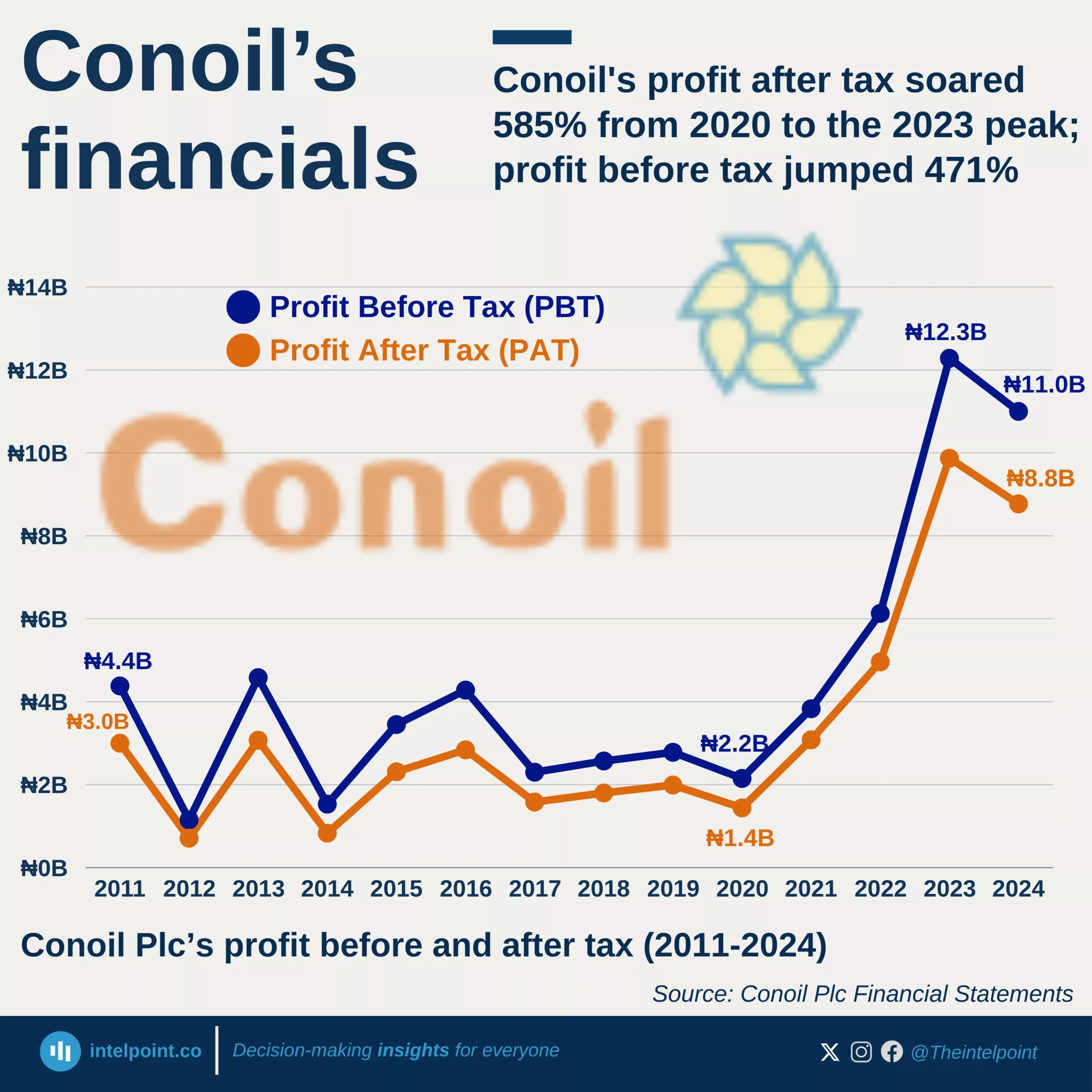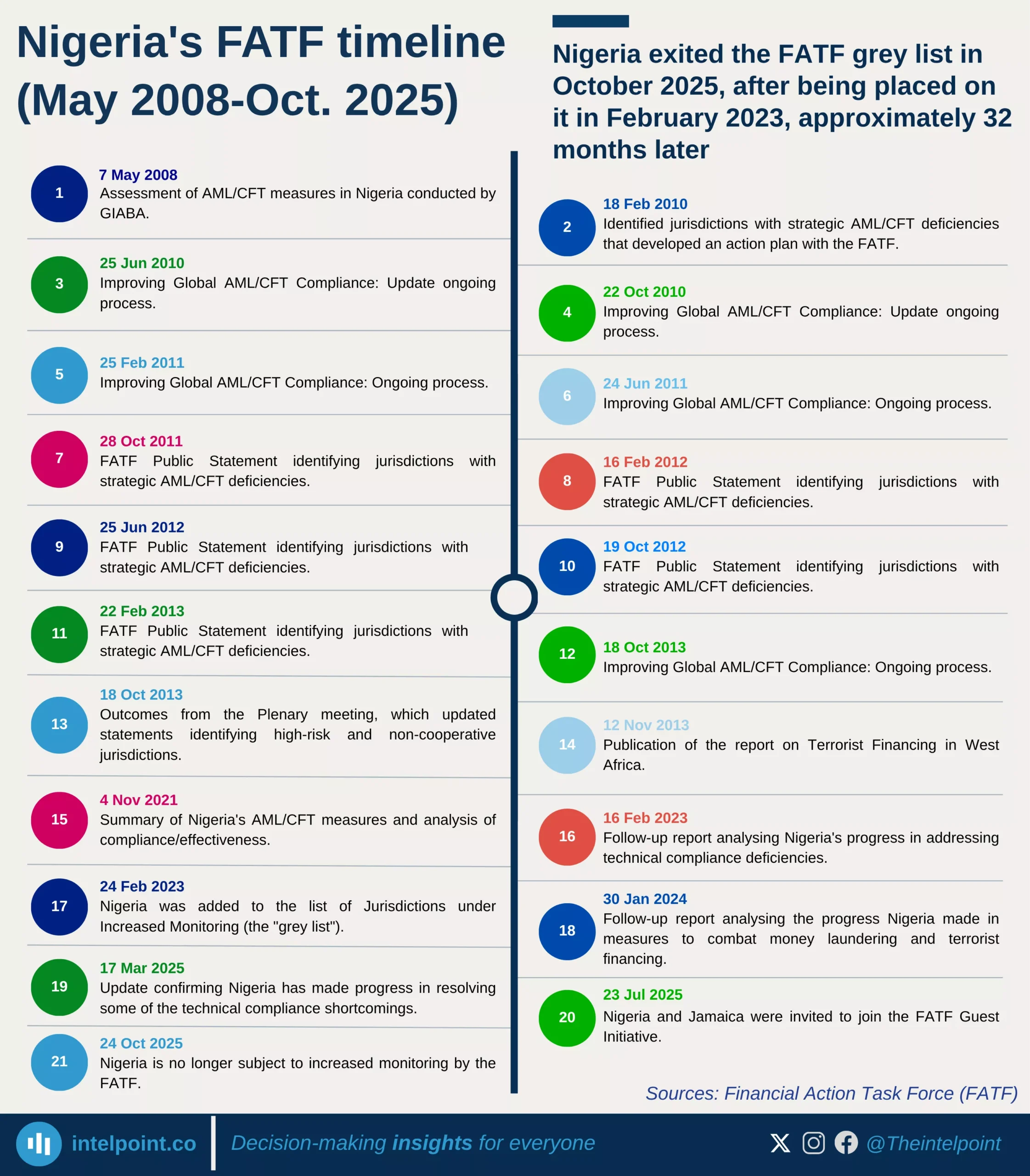Key Takeaways:
Between 2015 and 2024, the Central Bank of Nigeria (CBN) experienced significant fluctuations in net interest income and profit after tax. While the early years, such as 2015 and 2016, were stable, the bank reported negative net interest income from 2017 to 2019. A slow recovery began in 2020 and peaked in 2023.
However, 2023 took an interesting turn. Despite having the greatest net interest income (₦2.2 trillion) that year, the bank reported a startling loss of nearly ₦1.2 trillion after tax. This loss may be attributed to operational expenditures and naira redenomination. Despite a sharp decline in net interest income, the bank returned to profitability in 2024, possibly due to operational improvements or cost-cutting efforts.
